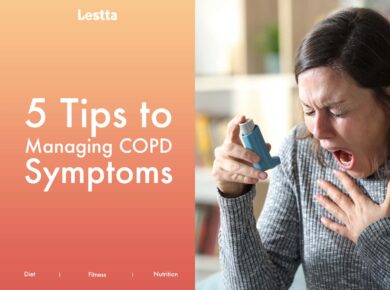How Coffee Affects Your Health! A Must Read

Coffee is a popular drink consumed by millions of people worldwide. It’s the most commonly used psychoactive substance, which means that it affects the brain and can alter your mood and behavior. While coffee has several benefits, it also has some drawbacks, especially when consumed in excessive amounts. In this article, we’ll discuss how coffee affects your health and how to deal with too much caffeine.
Coffee has several potential health benefits, such as:
- Boosting brain function: Caffeine is a stimulant that can improve mood, memory, and cognitive function.
- Reducing the risk of Alzheimer’s and Parkinson’s disease: Several studies have shown that coffee drinkers have a lower risk of developing Alzheimer’s and Parkinson’s disease.
- Protecting against liver disease: Coffee can reduce the risk of developing liver disease, including liver cancer and cirrhosis.
- Lowering the risk of type 2 diabetes: Studies have found that coffee consumption is associated with a lower risk of type 2 diabetes.
- Reducing the risk of depression: Caffeine can improve mood and reduce the risk of depression.
Despite these potential benefits, coffee can also have some negative effects on your health, especially when consumed in excessive amounts. Some of the drawbacks of coffee consumption include:
- Insomnia: Drinking coffee too late in the day can disrupt your sleep, making it harder for you to fall asleep and stay asleep.
- Anxiety: Caffeine can increase anxiety, especially in people who are sensitive to its effects.
- Heartburn: Coffee can irritate the stomach lining, causing heartburn and indigestion.
- Increased heart rate: Caffeine can increase your heart rate, which may be dangerous for people with heart conditions.
- Dehydration: Coffee is a diuretic, which means that it can cause dehydration.
How to deal with too much caffeine?
If you’re consuming too much caffeine, there are several ways to reduce your intake and deal with the side effects:
- Gradually reduce your intake: If you’re drinking several cups of coffee a day, try to gradually reduce your intake over a few weeks.
- Drink decaf: If you enjoy the taste of coffee but want to avoid the caffeine, try switching to decaf.
- Drink more water: To combat the dehydration caused by coffee, make sure to drink plenty of water throughout the day.
- Get enough sleep: To avoid the insomnia caused by coffee, make sure to get enough sleep each night.
- Limit your intake: If you’re sensitive to the effects of caffeine, try limiting your intake to one or two cups a day.
In conclusion,
Coffee is a popular drink consumed by millions of people worldwide. While coffee has several potential health benefits, it can also have some negative effects, especially when consumed in excessive amounts. If you’re consuming too much caffeine, there are several ways to reduce your intake and deal with the side effects. By following these tips, you can enjoy the benefits of coffee while minimizing its negative effects on your health.








